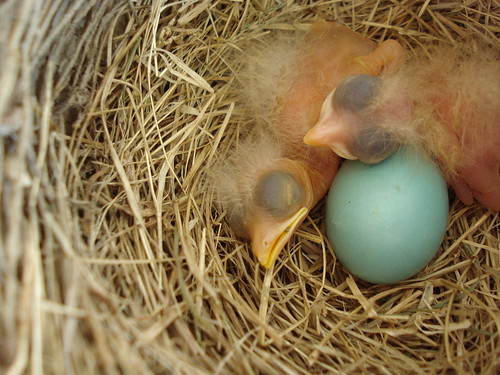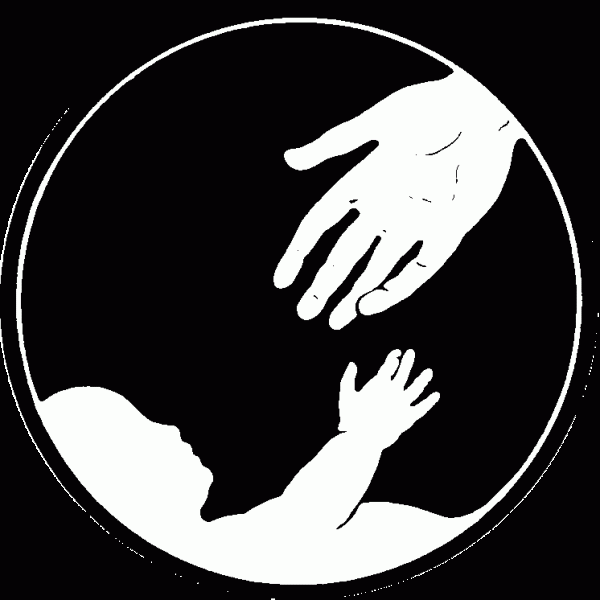Anyone who knows me knows that I have been slow to embrace social media. Until three weeks ago, I never had a facebook page for my business, and I wouldn’t even entertain the idea of jumping on the twitter bandwagon. I just couldn’t see the point.
And then something happened that changed my mind, and turned my way of thinking upside down.The organization called RIE, founded by my mentor Magda Gerber, received some attention in the press. First, there was an article in The Daily Beast, which was copied, and spread like wildfire across the Internet, and then Lisa Belkin, of the New York Times, wrote about RIE in her well known, well respected, and well read blog, The Motherlode.
I will not be supplying the links to those articles here, because I refuse to be a part of spreading the snarky, inaccurate portrayal of Magda Gerber’s philosophy as presented in those articles. If you are interested in reading a thoughtful response to those articles, I will instead refer you to Janet Lansbury’s post, RIE Parenting, A Culture Of Creativity.
The response by the general public to the original articles was largely negative, and I found myself feeling helpless, and incensed that Magda’s words and work were being so misunderstood, and presented and judged in such a negative light, because I am passionate about carrying her message of respect for babies to as many people as possible. I have witnessed the power Magda’s approach has to make a profound positive difference in the lives of not only children, but adults as well.
It occurred to me that the reason Magda’s ideas are so little known, and even less well understood, is not just because they are a little different from the accepted norm, but because they haven’t been presented to the wider world in a way that others could hear, accept, and understand. When Magda was first introducing her philosophy to parents and early childhood professionals in the United States, beginning in 1978, the Internet and social media didn’t exist. (OK, the Internet existed, but we weren’t all on-line 24 hours a day.) The first inquiries that came to Magda came in the mail, in the form of handwritten notes (can you imagine?) and she responded on a typewriter.
Some say that Magda wasn’t ambitious, and was content to let RIE grow slowly and to remain a small organization, and to some extent that was true, yet I see evidence everywhere that she was a one woman dynamo, passionate about enrolling others in the cause of “Seeing Infants With New Eyes.” Magda maintained an impressive schedule of teaching and speaking, traveling far and wide to bring her message to parents and professionals everywhere, in addition to writing a monthly newsletter, authoring three books, producing four videos, and a yearly conference for parents and teachers, to boot. She did this with the assistance of a part-time secretary, and a troop of dedicated volunteers.
Magda was fond of saying ” the message is the messenger,” (or vice- versa) and she was the embodiment of the message she was trying to convey to others. A person could not be in her presence without feeling deeply listened to, and appreciated. I vividly remember one time when she entered a baby/parent class that I was teaching. One of the little babies was crying inconsolably. Magda approached slowly, and sat quietly near the baby, and waited. After a few minutes, she talked to the baby in a quiet voice. The baby stopped crying, and gazed into Magda’s eyes, and in a few minutes she was smiling and cooing. Babies often responded to Magda’s presence in this way. It was magical to witness, yet there was no magic involved. Magda had the ability to be truly still, and fully present with babies and grown -ups alike, and it made a difference.
I feel like today more than ever before, families and professionals working with families, need to know about, and can benefit from understanding Magda Gerber’s ideas about babies, even if they don’t agree with them, or choose another way to parent or care. Magda was never invested in having people agree with her; instead she wanted to start conversations. She wanted to encourage people to think about babies in a different way. She never espoused her way as being the one way, only way, or right way to parent or care.
It occurs to me Magda was a social media maven in her own right, before there was twitter or facebook. Imagine the number of people she could reach with her message today if she was here to engage on-line. I can’t help but believe she just might take advantage of twitter and facebook to reach a larger audience if she was here with us today.
Times change, and the way we communicate with and bring our message to others has to change with the times. And so, I am now entering the world of social media via twitter, and facebook in hopes of taking a small part in bringing Magda Gerber’s ideas to a broader audience.
Because I am a teacher at heart, I can’t help but want to share my experience and thoughts about what I have learned (so far) about using twitter effectively to bring a message to a wider audience. I’ve discovered some interesting connections between engaging in, and building relationships on-line and engaging in, and building relationships off- line. Tomorrow, I’d like to share more on that topic. I’d love it if you’d join me in the conversation.
To be continued…. http://www.bitrebels.com/geek/10-tips-to-build-meaningful-relationships-on-twitter/

